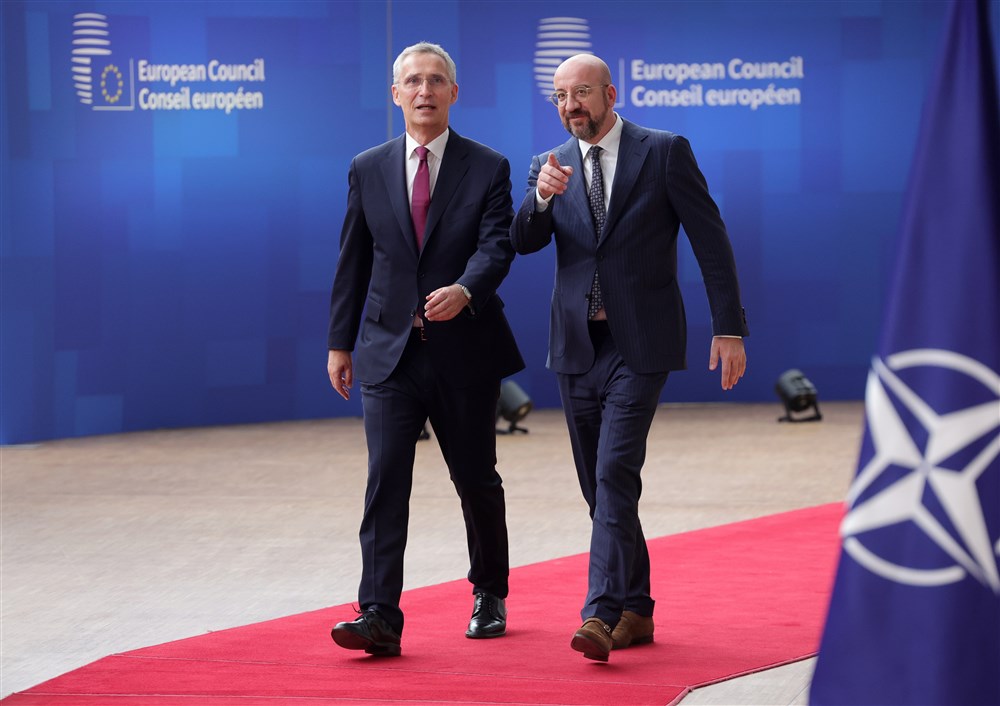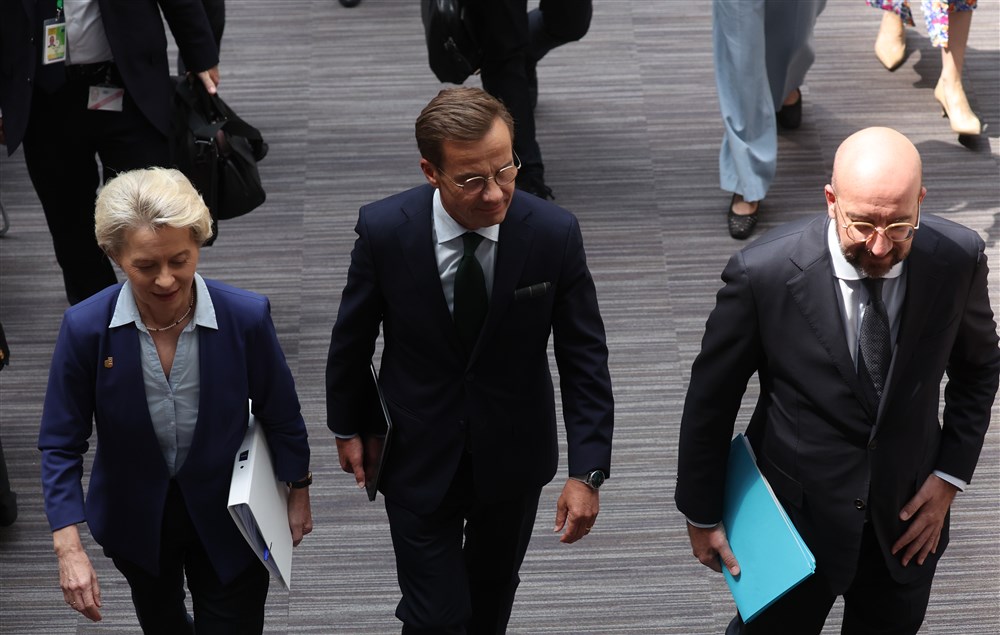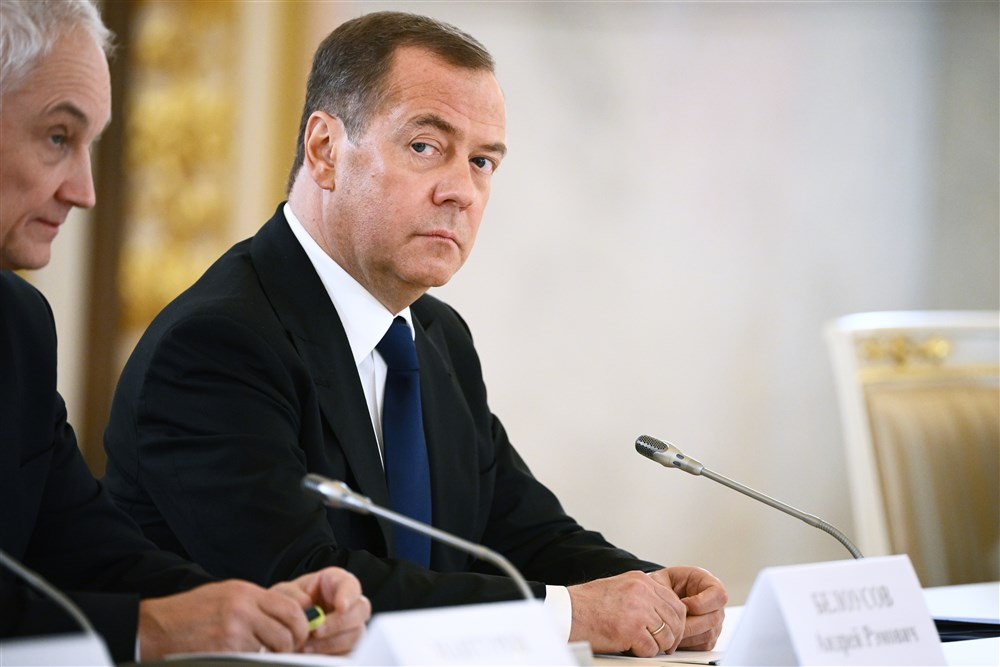The European Union is considering concessions that will allow more money to flow to Russia.
The move comes as Russia warns it is preparing to pull out of the so-called Black Sea Grain Deal.
Some fear concessions would encourage further Russian threats. Olha Trofimtseva, a representative of Ukraine’s foreign ministry, told Reuters in response to a Financial Times article on July 3 that Russia was essentially “getting away with blackmail”.
She said: “On the one hand, any opportunities for agricultural exports are good. On the other hand, making concessions to a blackmailer means encouraging him to continue blackmailing.
“It is a well-known axiom: a blackmailer does not stop if you fulfil his demands. He just comes up with new demands,” she added.
The Black Sea Grain Deal was brokered by the UN in July last year to allow Ukraine to ship grain out of its ports not under Russian occupation. In exchange Russia receives sanction exemptions regarding key sectors of its agricultural industry, mainly fertilisers and grain.
The proposed EU concession involves setting up a sub-branch of the Russian Agriculural Bank, which will circumvent the current EU sanctions implemented over the country’s invasion of Ukraine and enable cash to flow into Russia.
The grain deal is set to expire on July 18.
The UN’s chief concern is to ensure the flow of cheap grain and fertiliser to developing countries is maintained, ensuring that such products remain available and food prices do not soar, thus staving off a potentially devastating food crisis.
Speaking to Russian news outlet Izvestiya, the Russian special envoy to the UN, Gennady Gatilov, said he saw no reason for his country to prolong the current grain deal.
According to Gatilov, the West is not engaging with Russia on an “honest or fair basis”, as the international freezing of Russian assets was making it difficult for his country to export its agricultural goods. He also cited problems Russia faced importing much-needed farm machinery and parts.
A key sticking point for Moscow is Russia’s exclusion from the SWIFT system – an electronic network that much of the world relies upon to send, receive and confirm transactions. Russia was ejected from the system following its invasion of Ukraine.
According to the report by the FT, the EU is considering allowing the Russian Agricultural Bank to set up the special subsidiary and enable it to connect to the SWIFT system. The branch would then be responsible for handling all international payments relating to those Russian agricultural imports and exports that are exempt from sanctions.





